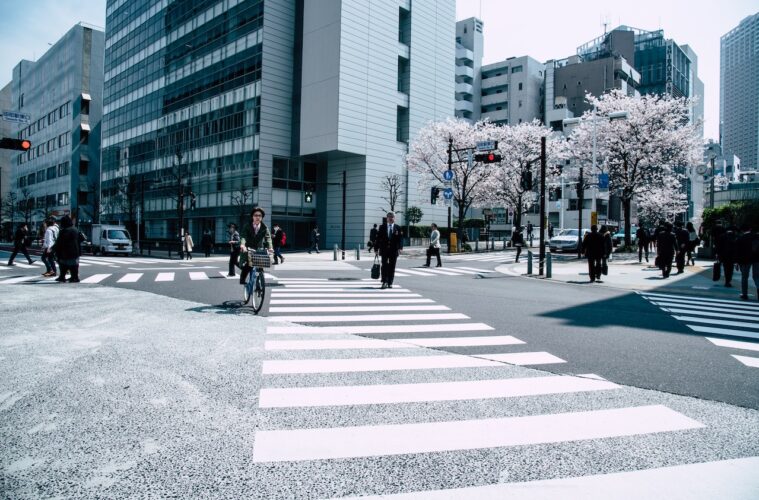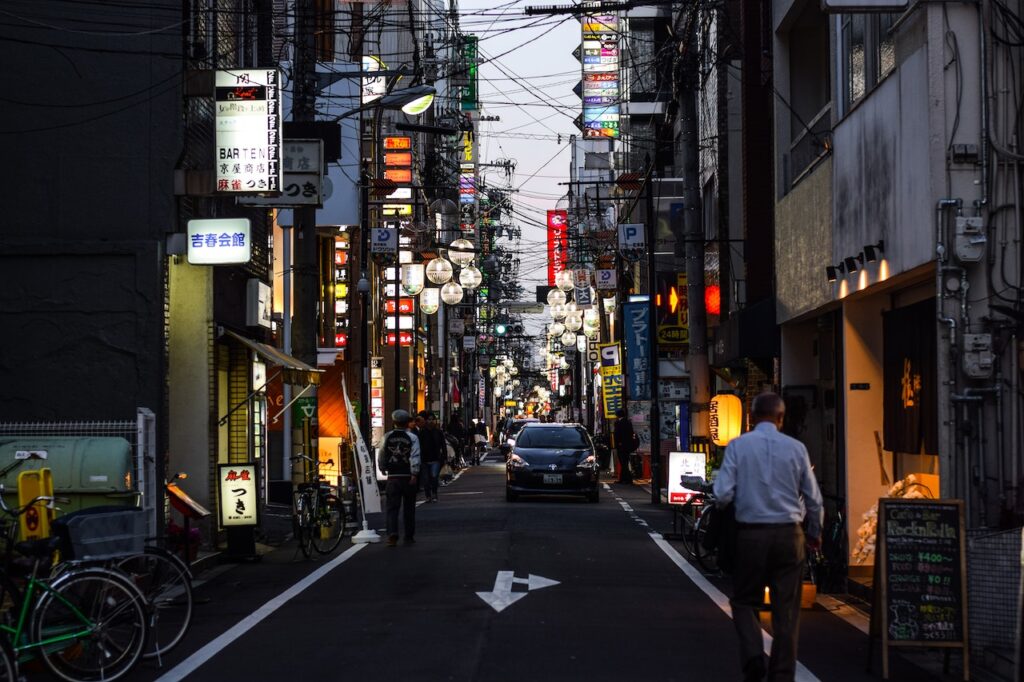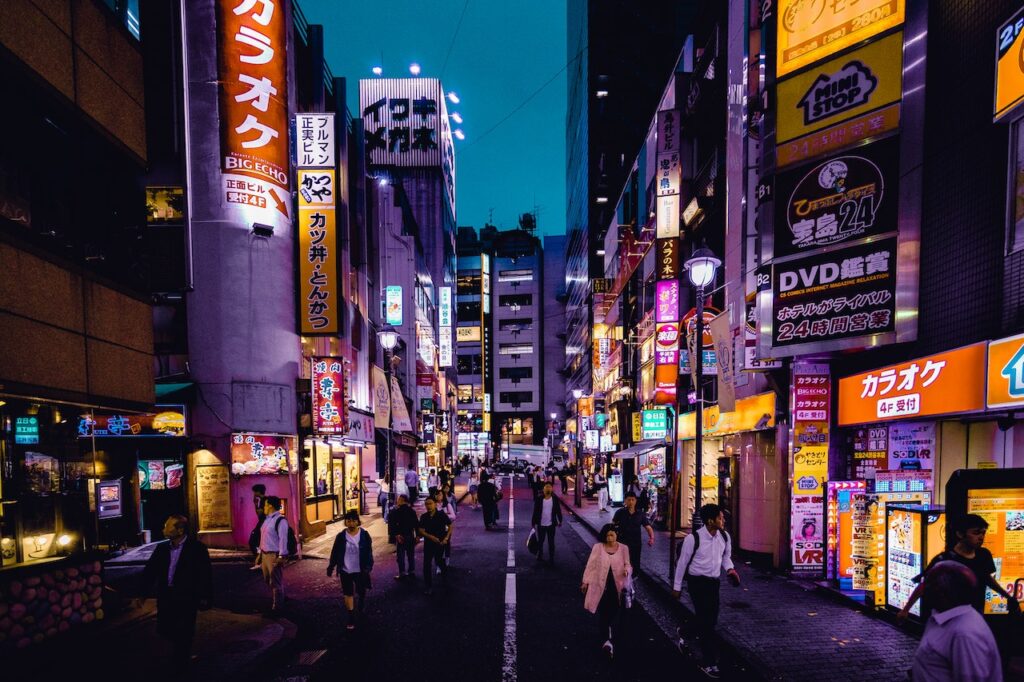Japan is known for its high standard of living, advanced technology, and unique culture. However, the country’s minimum wage system has been a topic of debate and discussion for years. The minimum wage in Japan is set by each prefecture, and it varies depending on the region.
As of September 2023, the highest minimum wage in Japan is in Tokyo, at 1,100 yen per hour, while the lowest is in Miyazaki, at 780 yen per hour. This means that a full-time worker in Tokyo would earn a minimum of 220,000 yen per month, while a worker in Miyazaki would earn a minimum of 156,000 yen per month. The minimum wage in Japan is reviewed annually and adjusted based on economic conditions and other factors. If you’re planning to move to Japan, then you might want to take a look at Village House for some great apartment options.
Minimum Wage in Japan: An Overview
Japan has a national minimum wage rate that is set by the government. The minimum wage in Japan varies depending on the region and industry. The national weighted average minimum wage in Japan as of October 2022 is ¥930 ($8.17) per hour.
The minimum wage in Japan is reviewed annually, and adjustments are made based on changes in the cost of living and other economic factors. The government sets the minimum wage rate after consulting with labor unions and employers’ organizations.
The minimum wage in Japan is calculated based on an hourly wage. However, some industries may use a monthly or daily rate. The minimum wage in Japan is not a living wage, but it is intended to provide a basic standard of living for workers.
The average hourly wage in Japan is higher than the minimum wage rate. In 2021, the average hourly wage in Japan was ¥1,333 ($11.71) per hour. The weighted average hourly wage in Japan is ¥1,082 ($9.50) per hour.
The minimum wage in Japan is an important aspect of the country’s labor laws. The government sets the minimum wage rate after consulting with labor unions and employers’ organizations. The minimum wage in Japan is not a living wage, but it is intended to provide a basic standard of living for workers. The average hourly wage in Japan is higher than the minimum wage rate.
Regional Differences
The minimum wage in Japan varies depending on the region. The minimum wage is set by each prefecture, and there are some regional differences. In general, the minimum wage is higher in the Tokyo area than in other regions, but there are some exceptions.
For example, the minimum wage in Kanagawa prefecture, which is located next to Tokyo, is higher than the minimum wage in some other prefectures. The minimum wage in Okinawa, Nagasaki, and Miyazaki prefectures is lower than the minimum wage in other regions.
The table below shows the minimum wage in some of the prefectures in Japan as of September 2023:
| Prefecture | Minimum Wage |
| Tokyo | ¥1,100 |
| Kanagawa | ¥1,047 |
| Okinawa | ¥773 |
| Nagasaki | ¥785 |
| Miyazaki | ¥788 |
It is important to note that some regions have specific minimum wage rates for certain industries. For example, the minimum wage for the hospitality industry in Tokyo is higher than the minimum wage for other industries in the same region.
In general, the minimum wage in Japan is reviewed and revised every year. The government sets a guideline for the minimum wage, but each prefecture has the authority to set its own minimum wage based on the local economy and other factors.
The regional differences in minimum wage in Japan reflect the economic conditions and cost of living in each region.
Impact on Workers and Labor Market
The implementation of a minimum wage policy in Japan has had a significant impact on workers and the labor market. On the one hand, it has increased the income of low-wage workers, which has helped to reduce poverty and inequality. On the other hand, it has also led to some unintended consequences.
One of the main impacts of the minimum wage policy has been an increase in wages for low-wage workers. This has helped to improve the standard of living for many workers who were previously struggling to make ends meet. However, this increase in wages has also led to an increase in labor costs for businesses, which has put pressure on employers to reduce their labor force or increase prices.
The minimum wage policy has also had an impact on the job market. In a tight job market, where there are more job openings than job seekers, the minimum wage policy has helped to attract more workers to low-wage jobs. However, in a weak job market, where there are more job seekers than job openings, the minimum wage policy has made it more difficult for low-skilled workers to find jobs, as employers are less likely to hire workers who are less productive.
The impact of the minimum wage policy on workers and the labor market is complex and multifaceted. While it has helped to reduce poverty and inequality among low-wage workers, it has also led to some unintended consequences, such as an increase in labor costs for businesses and a potential reduction in employment opportunities for low-skilled workers in weak job markets.
Economic Factors and Inflation
When it comes to minimum wage policy in Japan, economic factors and inflation play a significant role. Inflation is a critical consideration for policymakers when deciding on the minimum wage rate.
In Japan, the fiscal year begins on April 1 and ends on March 31 of the following year. The government takes into account global commodity inflation, cost-push inflation, import costs, supply constraints, and the war in Ukraine, among other factors, when setting the minimum wage rate.
Core consumer prices, which exclude fresh food and energy, are closely monitored by the government. Western economies’ inflation rates and rising import costs also affect Japan’s prices of goods.
The central bank’s target for inflation is 2%, but it has been challenging to achieve this goal in recent years. Soaring prices, particularly for energy and food, have put pressure on policymakers to raise the minimum wage rate to keep up with the rising cost of living.
Economic factors and inflation are crucial considerations when determining the minimum wage rate in Japan. Policymakers must carefully analyze these factors to ensure that the minimum wage rate is fair and equitable for all workers.
Expat Wages in Japan
Expats working in Japan are subject to the same minimum wage laws as Japanese citizens. As of October 2022, the minimum wage in Japan is ¥1,016 ($9.29 USD) per hour. However, some industries and regions have higher minimum wages.
It is important to note that the cost of living in Japan is relatively high, especially in major cities like Tokyo and Osaka. Therefore, expats may find that their wages do not go as far as they would in their home country.
In addition to the minimum wage, many employers in Japan offer benefits such as health insurance, paid vacation time, and bonuses. Some companies also provide housing allowances or subsidies for transportation costs.
Expats working in Japan can expect to earn a decent wage and enjoy a relatively high standard of living. However, it is important to research the cost of living in the specific area where one plans to work and negotiate a fair salary and benefits package with their employer.




